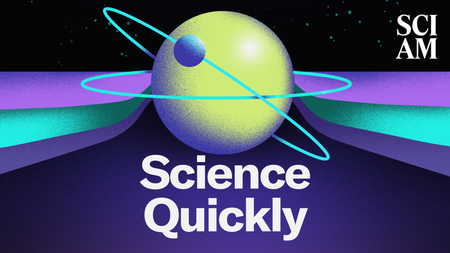
Your 2024 Election Rundown, from Immigration to Education
The outcome of the 2024 U.S. presidential election could set the climate agenda, reshape public education and shift the dynamics of global science collaboration.
Allison Parshall is an associate news editor at Scientific American who often covers biology, health, technology and physics. She edits the magazine's Contributors column and weekly online Science Quizzes. As a multimedia journalist, Parshall contributes to Scientific American's podcast Science Quickly. Her work includes a three-part miniseries on music-making artificial intelligence. Her work has also appeared in Quanta Magazine and Inverse. Parshall graduated from New York University's Arthur L. Carter Journalism Institute with a master's degree in science, health and environmental reporting. She has a bachelor's degree in psychology from Georgetown University. Follow Parshall on X (formerly Twitter) @parshallison

Your 2024 Election Rundown, from Immigration to Education
The outcome of the 2024 U.S. presidential election could set the climate agenda, reshape public education and shift the dynamics of global science collaboration.
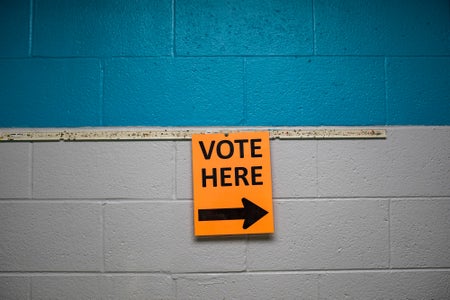
Why Election Polling Has Become Less Reliable
Election polls are increasingly vulnerable to huge mistakes
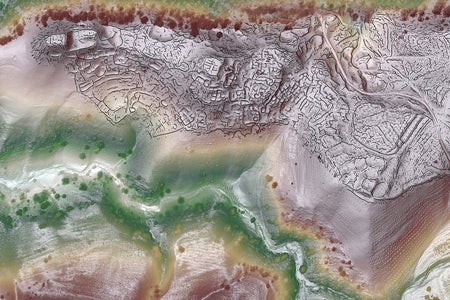
Lost Silk Road Cities Discovered High in the Mountains of Central Asia
On the Silk Road, these lost twin cities may have sustained themselves in a foreboding landscape with metallurgy and commerce
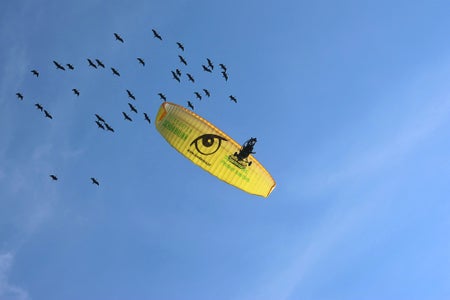
Flying Conservationists Teach Endangered Birds to Migrate
Inspired by a classic movie, conservationists are teaching endangered Northern Bald Ibises to fly south for the winter
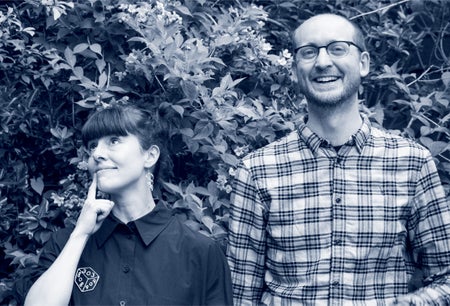
Contributors to Scientific American’s November 2024 Issue
Writers, artists, photographers and researchers share the stories behind the stories
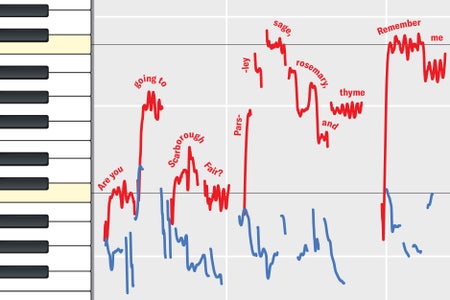
Hidden Patterns in Folk Songs Reveal How Music Evolved
Songs and speech across cultures suggest music developed similar features around the world

How the 2024 Election Could Reshape Education, from Pre-K to College
The presidential candidates differ on classroom censorship, school choice, federal funding for schools, and more
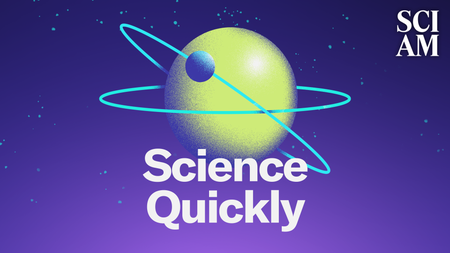
Traditional Music Shows Global Similarities in How We Sing
What can singing tell us about how we’re wired—and how our ancestors evolved?

Scientists and Doctors Sing about ‘Superbugs’ in Penicillin Musical
The musical Lifeline tells the story of Sir Alexander Fleming’s discovery of antibiotics, as these revolutionary drugs continue to lose their efficacy
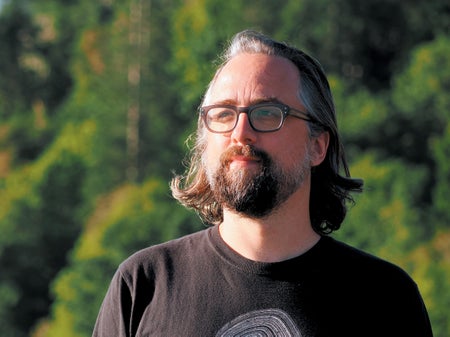
Contributors to Scientific American’s October 2024 Issue
Writers, artists, photographers and researchers share the stories behind the stories

The World’s First Nuclear Clock Is Finally Ticking
After decades of work, physicists have finally broken into the atom to build the first nuclear clock

Wealthier Members of Congress Have Family Links to Slavery
U.S. Senators and Representatives whose family had a history of enslaving others have greater present-day wealth
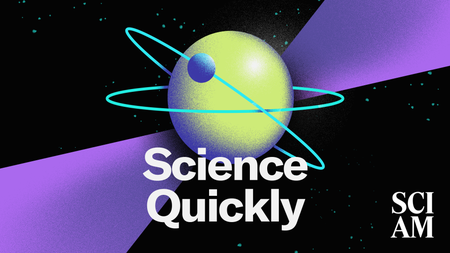
‘Dark Oxygen’ from Seafloor Deposits Perplexes Researchers
Polymetallic blobs are producing “dark oxygen” from the depths of the ocean—and no one knows exactly how.
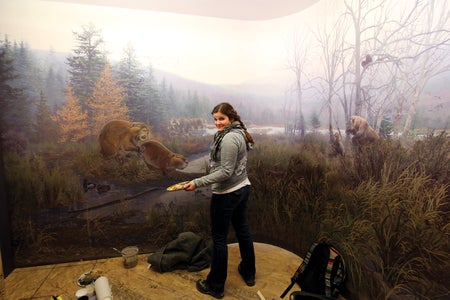
Contributors to Scientific American’s September 2024 Issue
Writers, artists, photographers and researchers share the stories behind the stories

People Are Overdosing on Semaglutide Drugs like Ozempic and Wegovy
Dosing errors in the medication semaglutide, prescribed as Wegovy and Ozempic, can cause severe or prolonged gastrointestinal issues that require medical attention
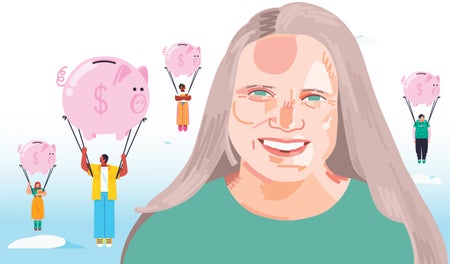
Basic Income Gives Money without Strings. Here’s How People Spend It
Pilot programs across the U.S., including new research funded by OpenAI, offer a glimpse of how a universal basic income could improve lives
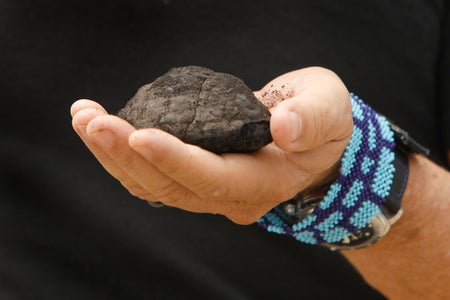
‘Dark Oxygen’ Discovered Coming from Mineral Deposits on Deep Seafloor
Baffling new results show that rocklike mineral deposits in the deep sea can produce oxygen

Cleaning Up Paris’s Poop River for the Olympics
The Seine will be the stage for the Paris 2024 Olympics’ Opening Ceremony—and for its marathon swimming events. But this urban waterway is challenging to keep clean.
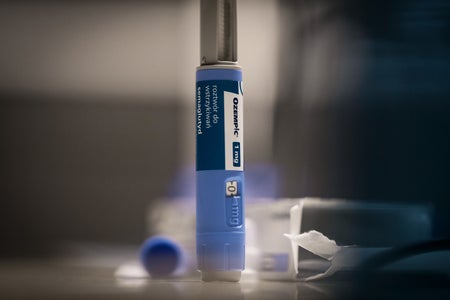
What’s the Secret behind Ozempic’s Sweeping Health Benefits?
Ozempic, Wegovy and other GLP-1 drugs are being investigated as treatments for many health conditions—from dementia to addiction to kidney problems
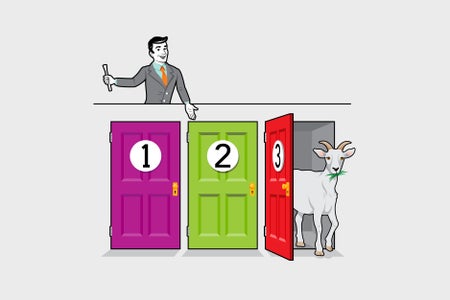
See Why Everyone Gets the Monty Hall Puzzle Wrong
How to finally wrap your mind around the uniquely counterintuitive Monty Hall dilemma
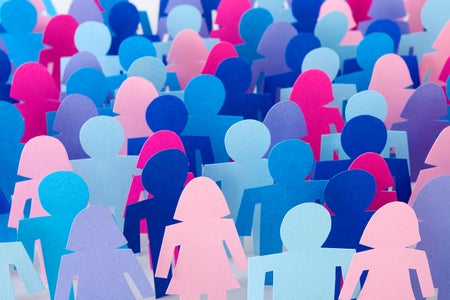
Sex and Gender Map onto Different Brain Networks in Children
A preliminary study suggests that sex and gender are represented differently in the brain

The Conservation Efforts That Brought Back the Last Truly Wild Horse
Claims that Przewalski’s horses were discovered in the U.S. are unverified. But the conservation story behind the last truly wild horse is worth your time.
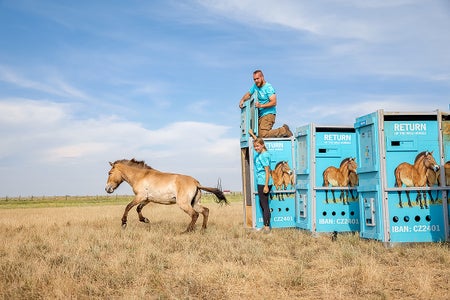
The Last Wild Horses Are Finally Returning to Their Natural Habitat
Przewalski’s horses, once extinct in the wild, are revitalizing Kazakhstan’s “Golden Steppe”
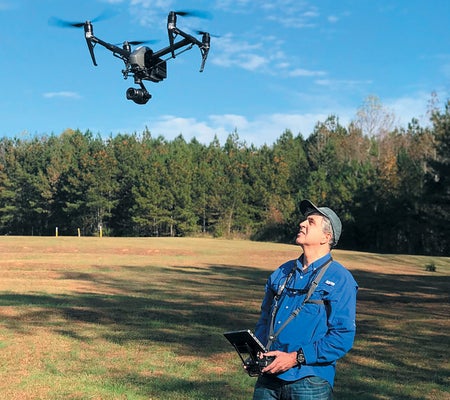
Contributors to Scientific American’s July/August 2024 Issue
Writers, artists, photographers and researchers share the stories behind the stories